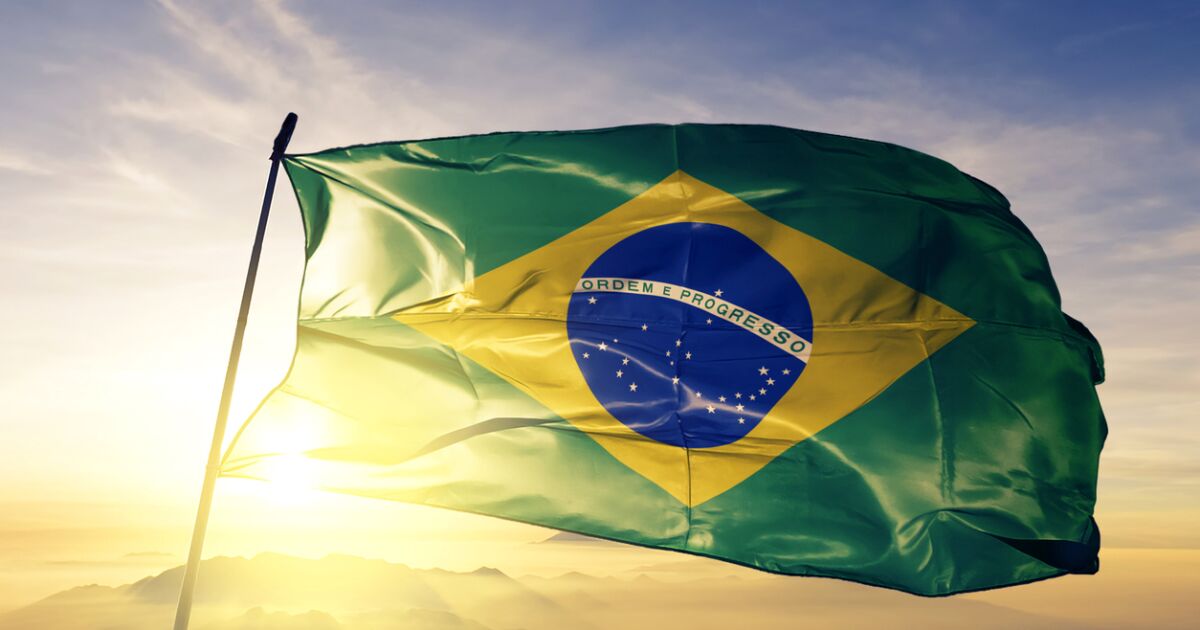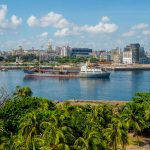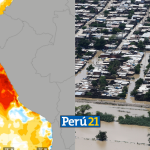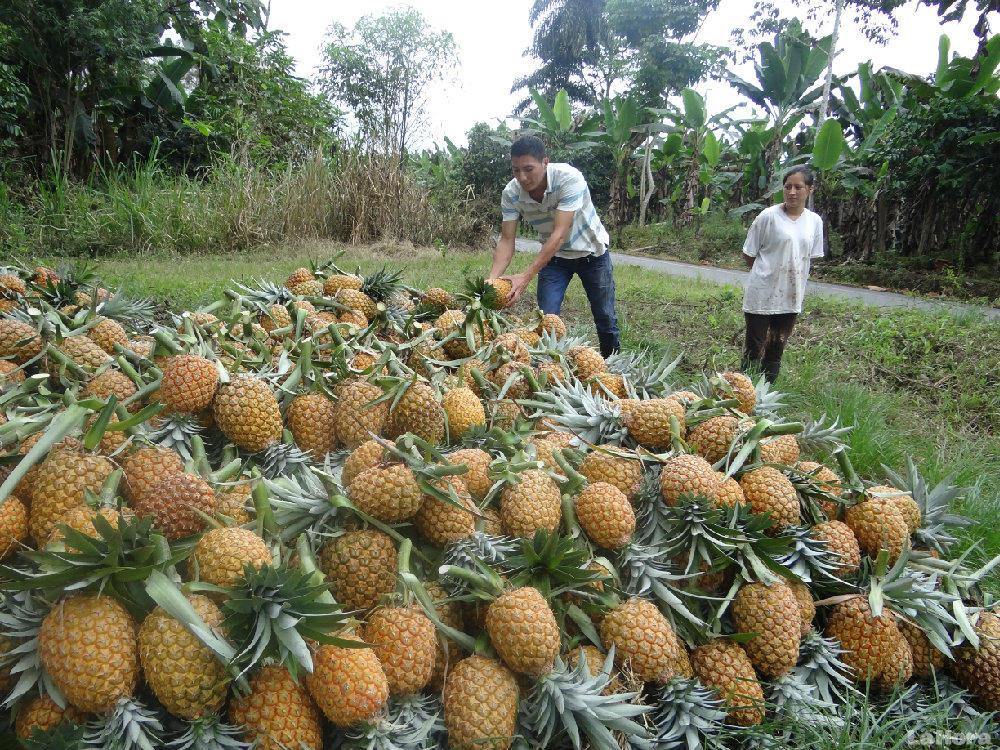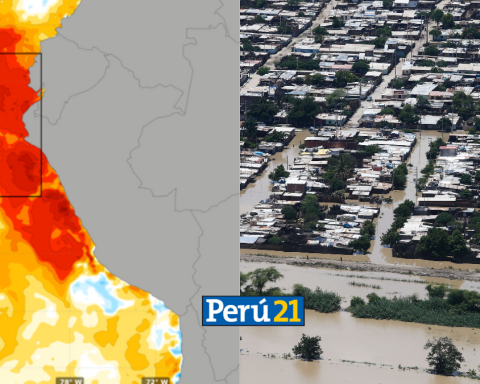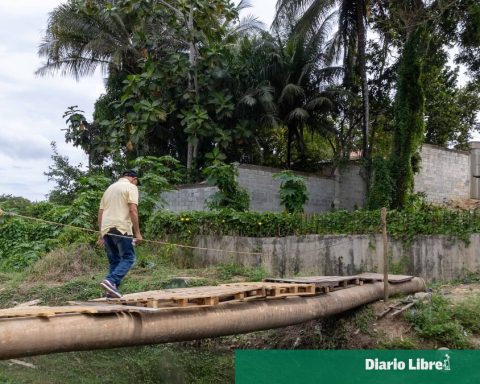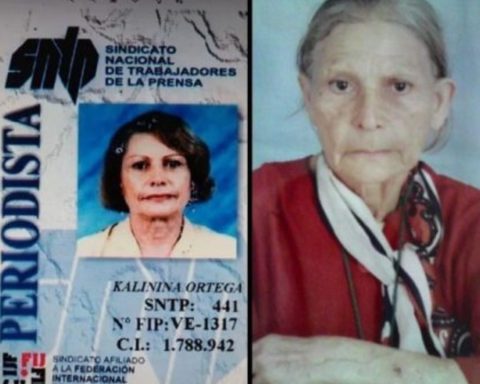The opening of talks on the accession of Latin Americans and Europeans was decided at a meeting of the OECD Council, according to a statement from the organization.
According to the resolution, the evaluation of the candidacies will begin to determine if these countries comply with “the preservation of individual freedom, the values of democracy, the rule of law and the protection of human rights.”
In addition, OECD members must be committed to “an open market economy based on free trade, competition, sustainability and transparency,” the text said.
“The candidate countries will be able to use the accession process to promote further reforms for the benefit of their people,” said OECD Secretary General Mathias Cormann after the Council’s decision.
The technical reviews will focus on areas such as trade and investment opening, advances in public governance, efforts to fight corruption and climate change, and environmental protection, the OECD statement explained.
A Brazilian source, who spoke on condition of anonymity, said the average time to enter the Paris-based body at the moment was three to five years.
Brazil’s economy ministry was not immediately available for comment. The news was first published by the Brazilian newspaper Valor.
Brazil has been waiting for years to enter the forum of democratic countries with solid market economies. Chile, Mexico, Colombia and Costa Rica are the only Latin American nations that have managed to enter.
In October, Brazilian Economy Minister Paulo Guedes said he hoped the United States would continue to support his country’s bid to join the group.
Brazil has held out hope that joining the OECD will boost investor confidence as it battles high inflation and unemployment, as well as the lingering impact of the world’s deadliest coronavirus outbreak outside the United States.
From Lima, the government of leftist President Pedro Castillo celebrated the decision, according to a tweet from the Foreign Ministry citing Foreign Minister Oscar Maúrtua.
“This is a historic event for the country because it recognizes the efforts made over the years to implement the standards and good practices required by the Organization for Economic Cooperation and Development and that will directly benefit our citizens,” the ministry said.
Peru, the world’s second-largest producer of copper, has posted some of the highest economic growth in Latin America in recent decades, but is still struggling to reduce poverty.
With information from Reuters and AFP
